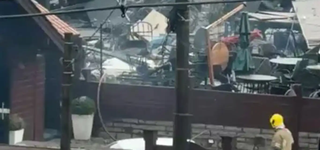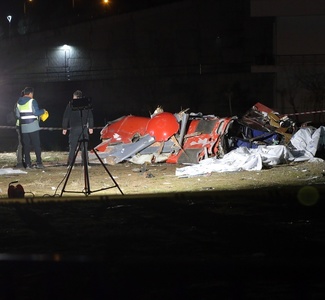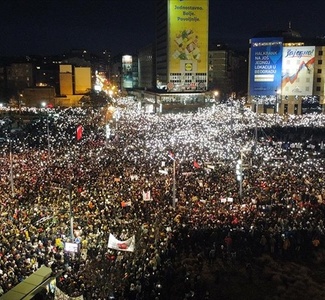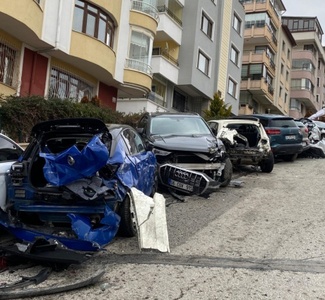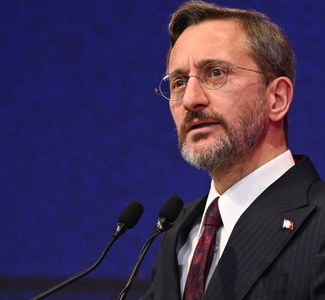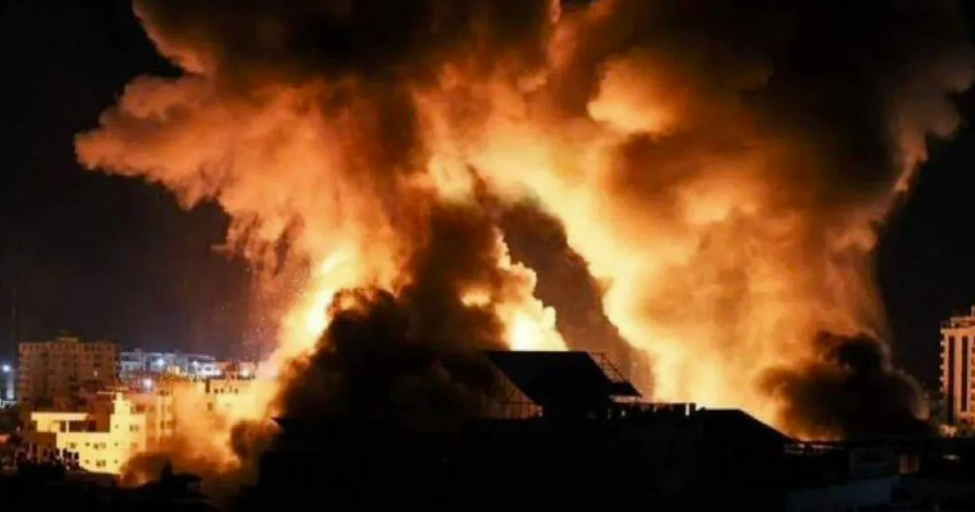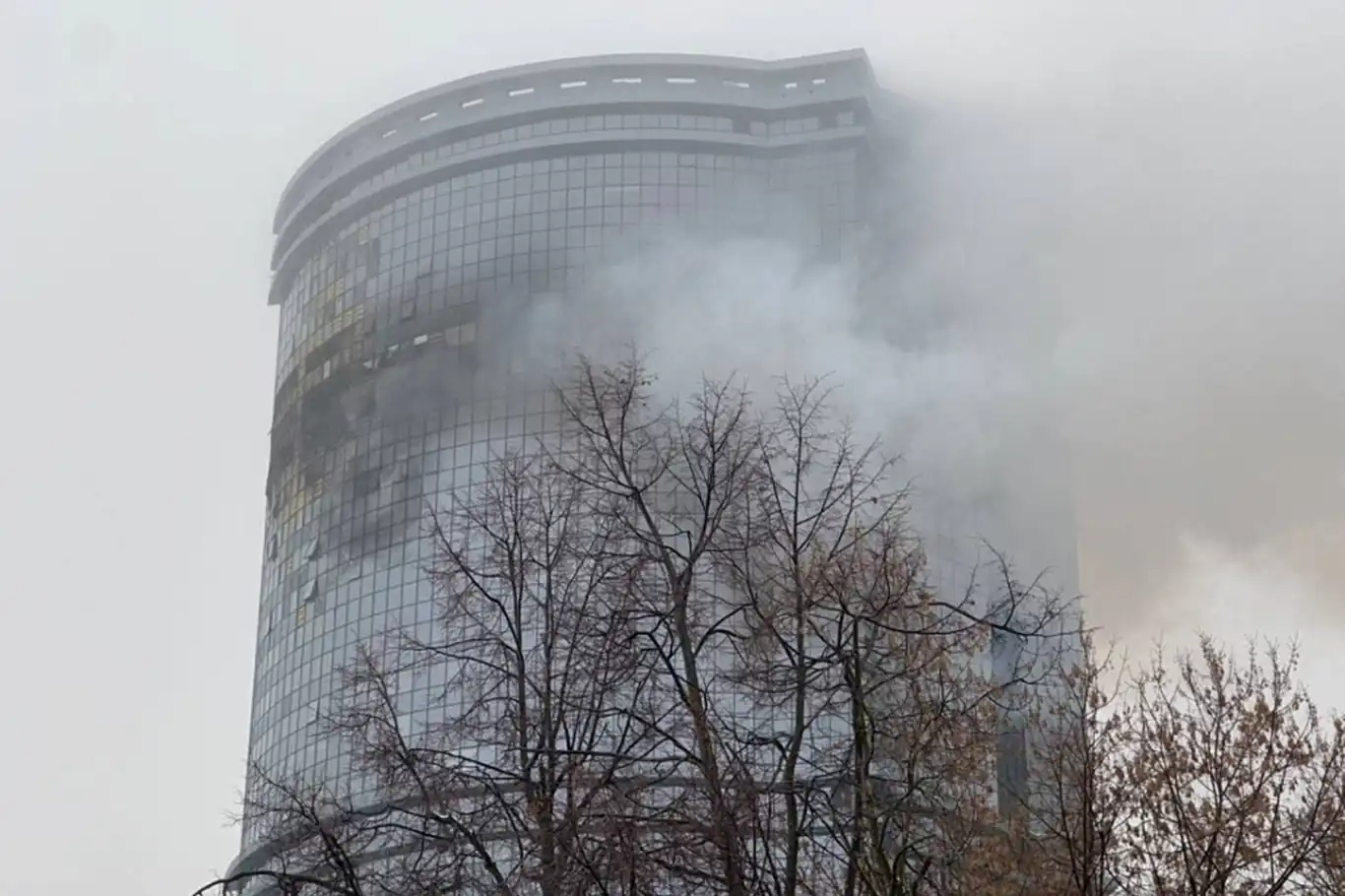Largest wildfire in EU history rages in Greece, defying international efforts to quell it
A massive forest fire, described as the most significant in the history of the European Union, has persisted for its 11th day in the northeastern regions of Alexandroupolis and Evros in Greece.

 Google News'te Doğruhaber'e abone olun.
Google News'te Doğruhaber'e abone olun. Despite intensive international efforts to control the blaze, it continues to burn unabated. The fire, which has proven particularly challenging due to its location in a remote and inaccessible deep forest area, has tragically led to 20 out of 21 wildfire-related deaths reported in Greece last week.
Local firefighting authorities have marshaled six aircraft and four helicopters, along with a ground force comprising 100 vehicles and 475 firefighters. The European Forest Fire Information System has identified this as the largest recorded inferno since data collection commenced in 2000.
A united front of nations, including Croatia, the Czech Republic, Cyprus, Germany, and Sweden, has extended assistance through the EU's emergency response framework. France and Spain have also pledged their support to the ongoing efforts. Firefighters from neighboring non-EU countries, including Albania and Serbia, have joined hands in battling the flames.
Balazs Ujvari, spokesperson for the European Commission's humanitarian aid and crisis management, emphasized the gravity of the situation, stating, "We are facing the largest wildfire ever recorded in the EU." Ujvari revealed that the RescEU fleet has strategically deployed 12 aircraft, more than 400 firefighters, and 60 vehicles.
Monday bore witness to an alarming 74 wildfires across Greece, with 27 of them igniting within the preceding 24 hours. Suspicions of deliberate arson, leading to arrests, have arisen in several instances. Greece enforces stringent fire prevention regulations from early summer to mid-fall, encompassing activities like barbecues and controlled burning of dry vegetation.
Notably, during the ongoing fire prevention season, authorities have apprehended 163 individuals, with 118 held accountable for negligence and 24 for deliberate arson, according to a government official.
While a faction of local politicians has pointed fingers at migrants, it is crucial to acknowledge that the most significant fires have been attributed to lightning strikes.
Lefteris Papayannakis, director of the Greek Institute for Refugees, has highlighted that scapegoating migrants serves as a diversion from government shortcomings. He pointed out complaints regarding the authorities' handling of the fires.
Throughout the summer, Greece has borne the brunt of numerous devastating fires. The swift and synchronized deployment of EU air support underscores a commitment to effective collective action during times of crisis, as highlighted by Janez Lenarcic, the EU's commissioner for crisis management.
In response to the catastrophe, Greek Prime Minister Kyriakos Mitsotakis convened with multiple ministries to address the urgent need for reforestation in the region once the fire is eventually brought under control. (ILKHA)






























